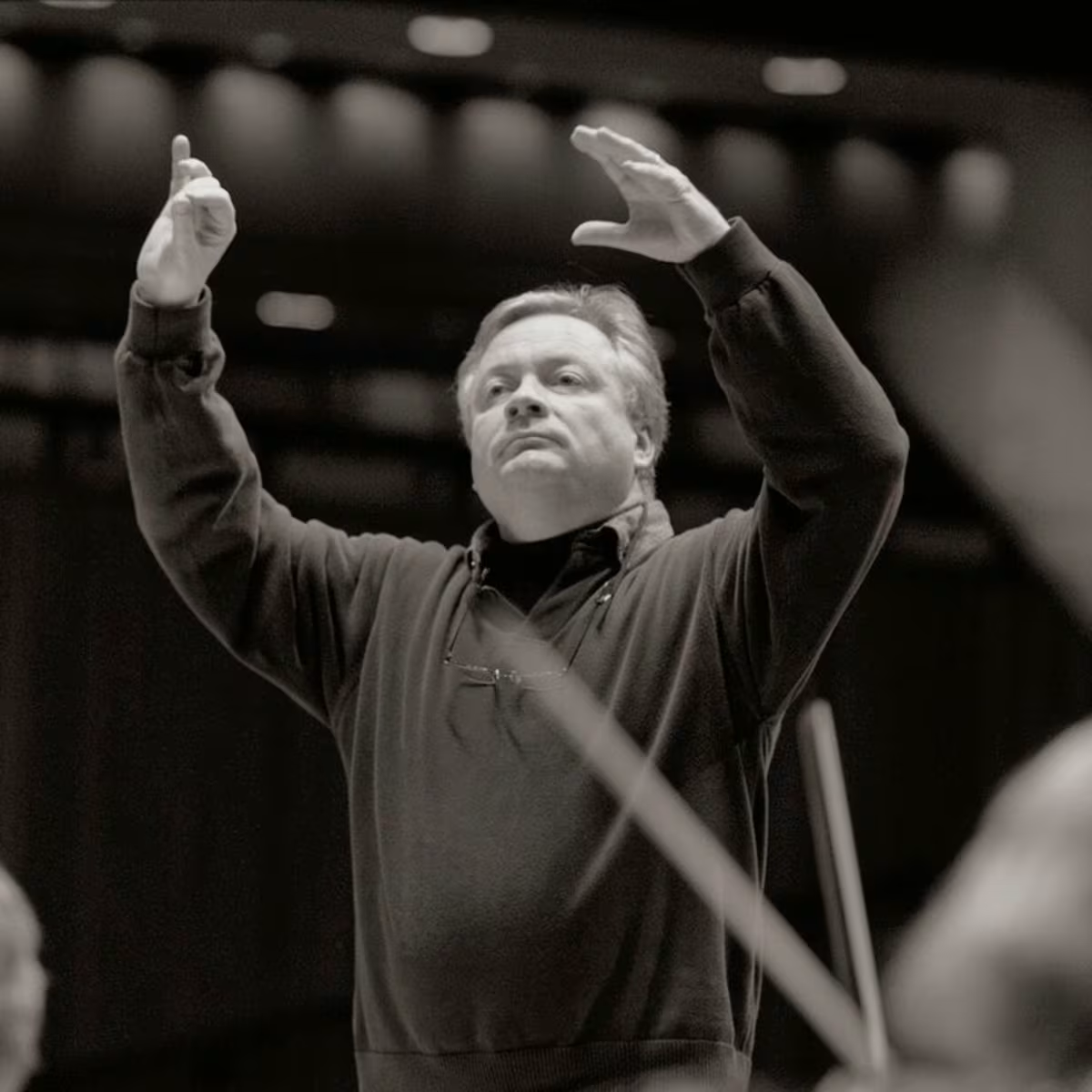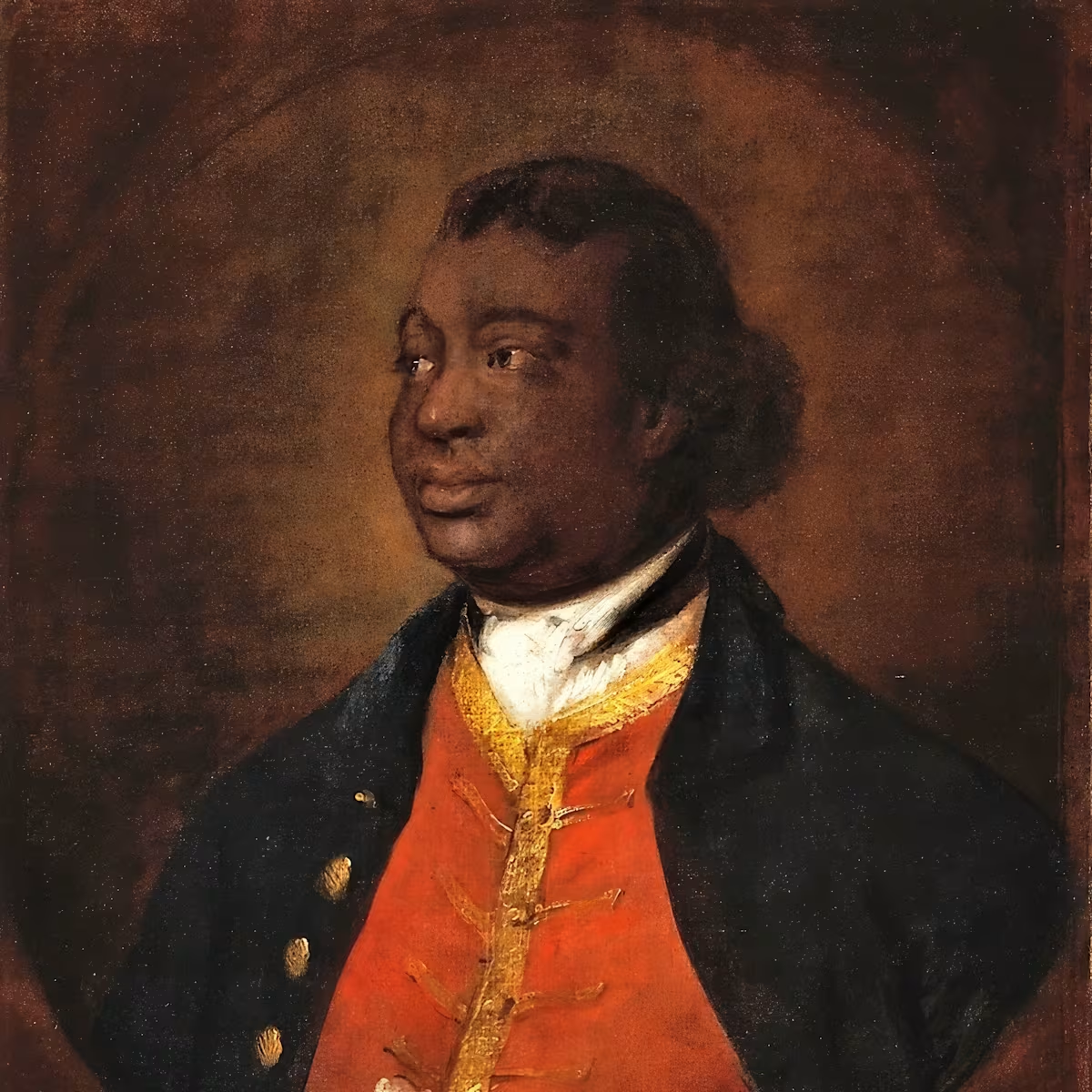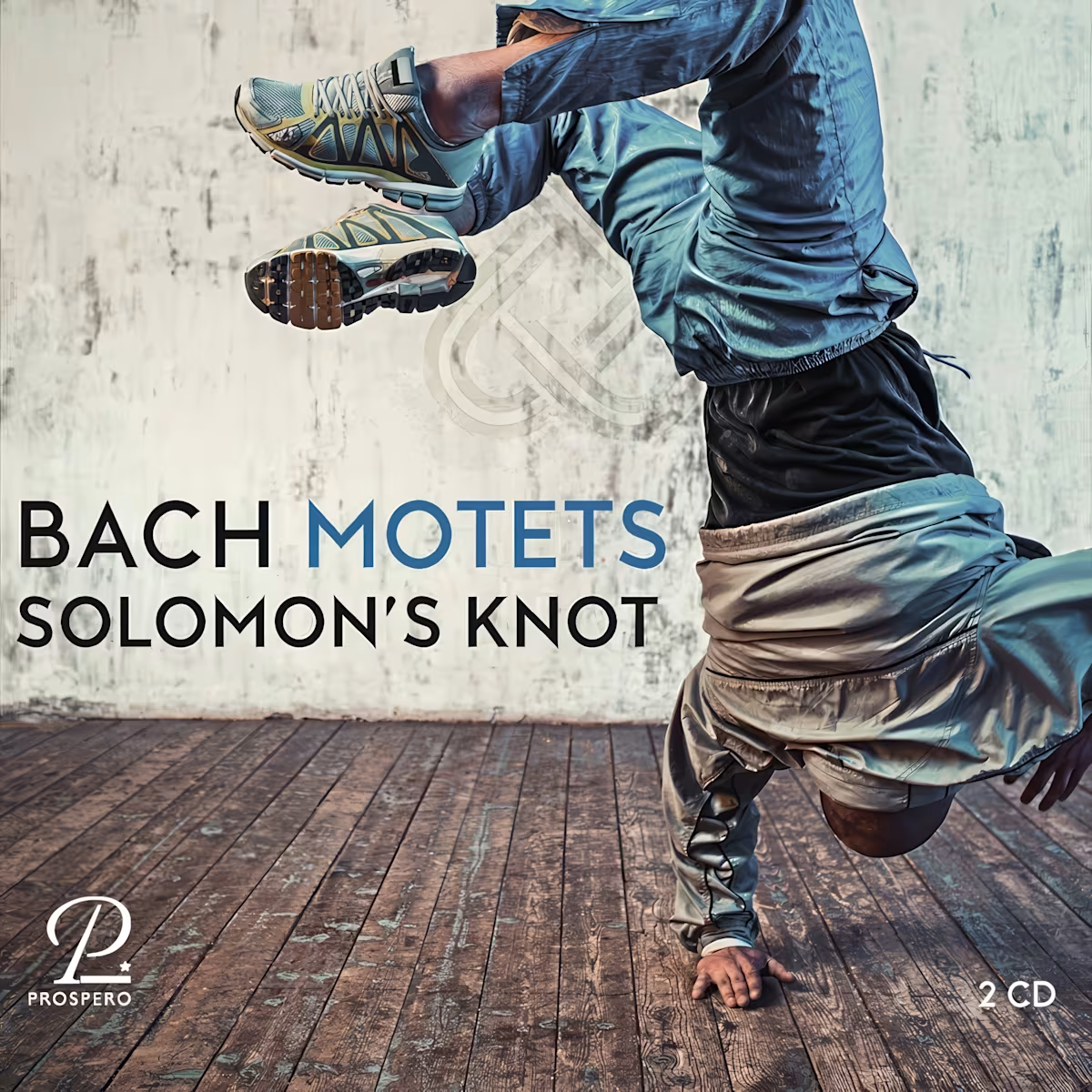Feature
Sounds Historical in Banbury
From Hildegard to Haydn: 600 Years of Musical Evolution
Share this

"I think we play 38 instruments in this programme," says Heidi Fardell with a brow only slightly furrowed, "so we have to be quite slick." This seems something of an understatement, since there are only four women to play them. Heidi mainly plays the flutes and recorders, as does Mary Tyers, Lynda Sayce the lutes, and Alison Kinder the viols and other strings, though a great deal of interchanging goes on. Nobody comprises their own section. As the ensemble Sounds Historical they trace the progress of music for just over 600 years, starting with Hildegard von Bingen and ending with Haydn. "And we start with just voices," adds Lynda Sayce. "It's quite fun and instructive to follow the history of some of these gloriously peculiar instruments, from the earliest recorders with their weird shape and bonkers fingering, to the highly virtuosic ones of the 17th century in the high baroque - or the lutes, from a small drone instrument played with a plectrum to the multiple strings of the two metre theorbo."
If they just picked them up without any explanation, the quartet realise the audience could be baffled, so Heidi reassures them: "We are happy to explain. We all work in education and really enjoy talking to our audiences throughout the concerts. We love it when people feel comfortable enough to ask, 'What's that big guitar?'". We even have a sort of "instrument bingo", borrowed from a game which they devised for an earlier programme called The Bird Fancyer's Delight where the audience had to check off all the different bird calls quoted. In 600 Years! they have to tick all the instruments. "It's very popular with the kids." She feels the grant from the Continuo Foundation means they can take the risk of presenting this survey of instrumental history to new audiences with affordable ticket prices, without the worry of how they will cover their costs. "We can enthuse about this music from a place of financial safety.”

Lynda says that, although the music making is serious, "there is an almost Monty Python feel to some of these instruments. Imagine instructing a craftsman how to construct an early rebec, with all its twisted wood and stretched animal guts. There's an incredible improbability about the whole process." Alison points out that the instruments changed because the purposes of the music itself changed, reflecting the social developments around the performers. "Once you have harmony you need a whole new bag of instruments. They were using the best that they had at the time and when you play the music with them you realise that the original is always better than a translation. If you play on later instruments it is like singing Italian opera in French. It never quite fits."
"That's why," Lynda says, "we are not going backwards through the music. We start in the heart of the mediaeval period and work forward, so that the reason for each development becomes clear. This way round you come to understand Haydn as late, not early, music."
Their summer 2024 tour takes them all over the Midlands, from Northampton to Worcester, but home is around the Banbury area of north Oxfordshire. "Being in between Oxford and Birmingham, Banbury tends to be a bit of a vacant area as far as early music goes," says Heidi, "so last year we held an early music day and this year we have expanded it to a festival weekend" (28 and 29 September). Alison sees it as "a space for exploration. We were really keen to do workshops alongside the concerts. We're even having a go at Baroque dance." As well as their own contributions, there is a vocal workshop led by Dylan McCaig and concerts by other similar sized ensembles, Palisander and the Calder Consort. A speedy (five minutes maximum per entrant) young early musician competition will carry a trophy and there is an instrument market being set up in the church hall by The Early Music Shop. It is very much a community-building process that includes not just the usual venues but the pub as well. "So often," Lynda says, "we go out thinking we're performing to out-of-the-way people but then we find they are singing and playing the recorder to a high standard."

In the 600 Years! programme there are famous names but there are others who even those in the business will find hard to place. King Alfonso X of Castile (1250 - 1284) had time for other things than fighting. Joan Ambrosio Dalza was, Lynda explains, one of the earliest composers for the solo lute. "He came right at that point where it went from being a drone instrument to one played with all the fingers, and he wrote some toe-tapping dance music." Dalza was writing in the first years of the sixteenth century, as was Arnolt Schlick: "mostly organ music but with some good pieces for viol and lute. The thing about early music is that what we have has stood the test of time. We can set it in context and show how it developed into the later familiar structures." Sounds Historical does that by starting with Cum processit factura for voices and bells by Hildegard von Bingen and concluding with Haydn's London Trio of 1794, played on instruments that would have been around but seemed very old fashioned by then: the baroque flute and lute and the viola da gamba. Instead of translating forwards, as happens when Bach is played on the piano, for example, they translate the music back to just where it has come from.
Author: Simon Mundy
Share this
Keep reading

Generations inspired... The choral brilliance of David Hill
Continuo Connect meets conductor and organist, David Hill, to hear about his extraordinarily varied and successful career.

Sons of England: Purcell, Handel, Sancho
The Academy of Ancient Music performs a Roderick Williams commission alongside music by three very different "sons of England": Purcell, Handel, and Sancho

Bach Motets
Solomon's Knot's CD features JS Bach's complete motets, recorded at Arnstadt’s Bachkirche, highlighting the influence of his family's musical tradition.




